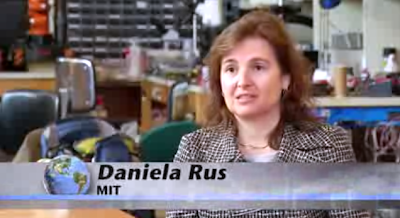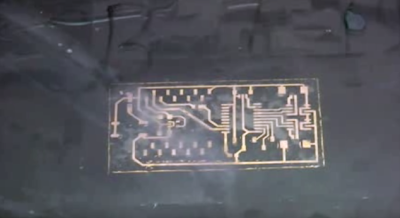Description :
Hello guys. Today we'll present to you an interesting project funded by the National Science Foundation's (NSF) Expeditions in Computing Program. This project envisions a future in which 3-D robotic systems can be produced and designed using 2-D desktop technology fabrication methods. If this feat is achieved, it would be possible for the average person to design, customize and print a specialized robot in a matter of hours.
Currently, it takes years and many resources to produce, program and design a functioning robot. This project would completely automate the process, from sketches on-demand, anywhere, and with the skill of a team of professional engineers, leading to potential transformations in advanced manufacturing.
"This research revolutionizes the design and manufacturing of robots, with a profound potential impact on society," says Ralph Wachter, a program director in the NSF Directorate for Computer and Information Science and Engineering. "It would remove barriers to manufacturing robots, making it possible for average citizens to customize and manufacture their own robots to meet their needs. This opens the door to great possibilities."
"This research envisions a whole new way of thinking about the design and manufacturing of robots, and could have a profound impact on society," says MIT Professor Daniela Rus, project leader and director of the Computer Science and Artificial Intelligence Lab (CSAIL). "We believe that it has the potential to transform manufacturing and to democratize access to robots."
The Computer Science and Artificial Intelligence Laboratory, known as CSAIL, is the largest interdepartmental laboratory at MIT and one of the world's most important centers of computer science and information technology research. The lab has played a major role in the technology revolution of the past 50 years. Currently, CSAIL is focused on conducting groundbreaking research in artificial intelligence, computer systems, and the theory of computation, while also tackling pressing societal challenges such as education, health care, manufacturing and transportation.
"Our goal is to develop technology that enables anyone to manufacture their own customized robot. This is truly a game changer," adds engineering professor Vijay Kumar, who is leading the team from the University of Pennsylvania. "It could allow for the rapid design and manufacture of customized goods, and change the way we teach science and technology in high schools."
Check out the video!
Check out the video!
*by andreascy*

















